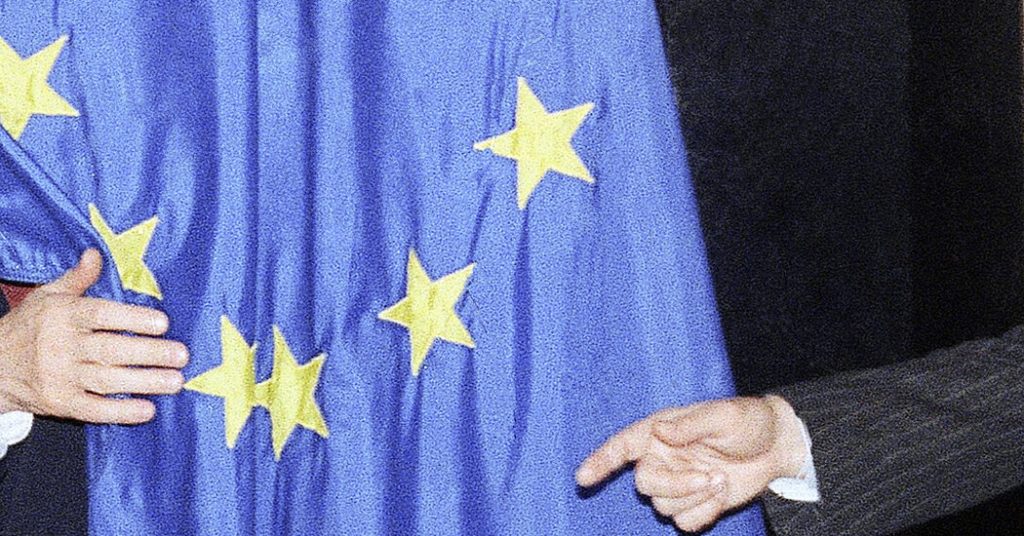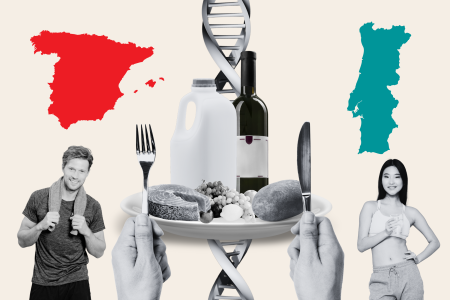Machiavelli, in his reflections on the crises of his time, looked to the Roman Republic for inspiration. He believed that when there is skepticism about values, history is the only remaining guide. The Roman Republic’s secret to freedom, according to Machiavelli, was its ability to mediate the conflict between wealthy elites and the majority of people. The clash between the great elites and the people generally pulled polities in opposite directions, but the Roman Republic had institutions in place to empower the people and contain the elites.
However, Europe has not heeded Machiavelli’s advice, as the European Union is closer to an oligarchic institution. The EU is overseen by an unelected body of technocrats in the European Commission, with no popular consultation on policy or participation. Its fiscal rules protect the wealthy while imposing austerity on the poor, leading to a domination by the interests of the wealthy few. This trend of the powerful interests groups calling the shots and constraining politicians is not unique to the EU, but it is prominent in the bloc.
The transnational nature of the European Union has often been blamed for Europeans’ dislike of it, but the real issue lies in the bloc failing to represent the people. The upcoming European Parliament elections highlight the lack of democracy in the EU, as the Parliament has little legislative power and mostly rubber-stamps decisions made by the commission. This lack of representation has led to the rise of the radical right, who exploit the representative gap by presenting simple binaries to the public, such as the state versus Europe or the white worker versus the migrant.
The European Union’s foundational myth of the free market makes it difficult to argue for democratic participation within the bloc. The interests of businesses, financial institutions, credit rating agencies, and powerful groups dominate at the expense of the freedom of the many. While nation-states can often maintain the semblance of democratic participation through shared constitutions, the EU faces challenges in allowing the people to truly have a say in decision-making processes. The current state of affairs in the EU reflects a system that benefits the wealthy few while marginalizing the majority of the population, leading to dissatisfaction and calls for reform.















